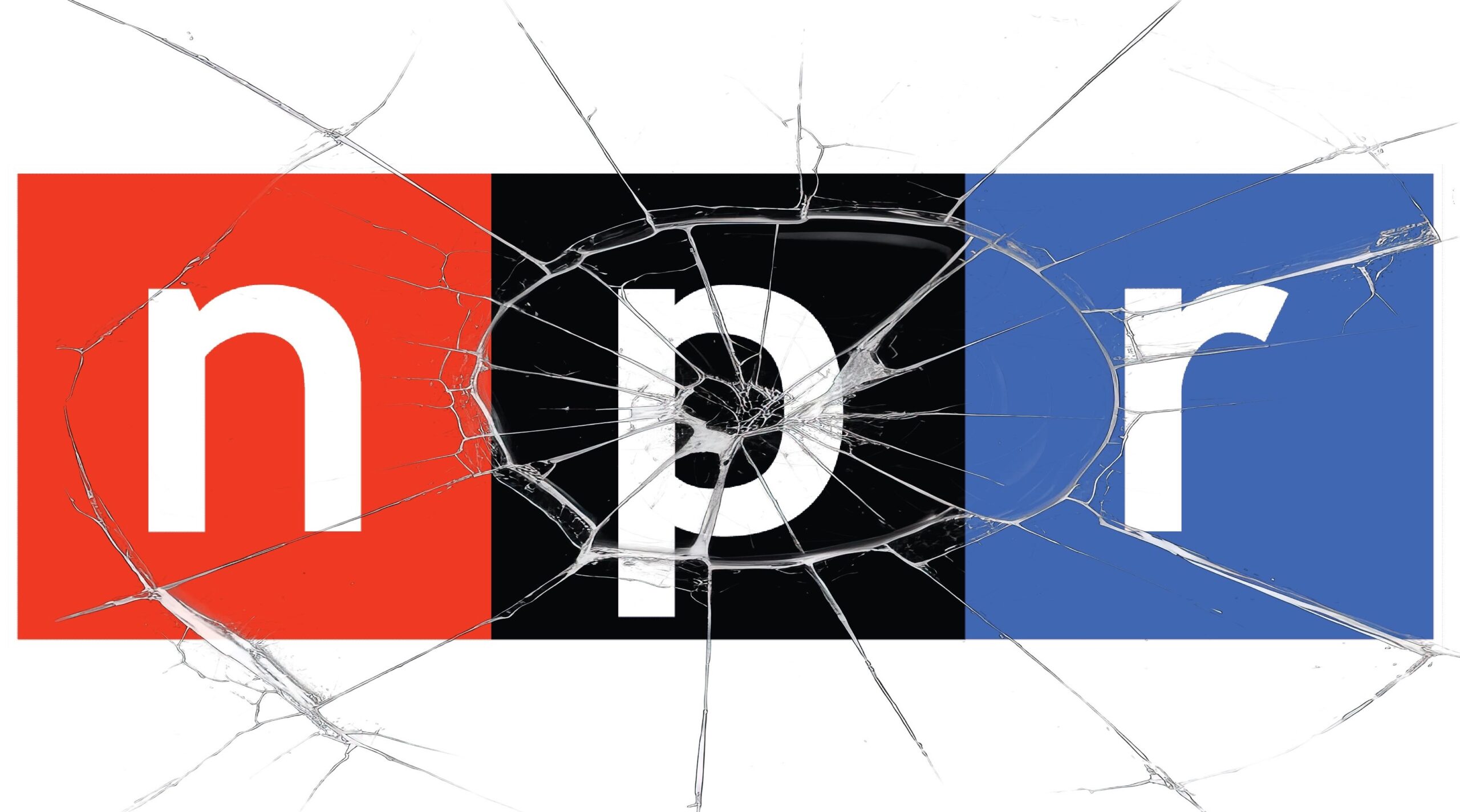By: Mark Glennon*
You’d think a state struggling to keep its tax base from fleeing would avoid passing a law that has a lot of employers “panicking,” which is the word used by a labor law expert quoted by the Chicago Tribune.
And you’d hope lawmakers would realize that good intentions can be undermined by overreaching, vague laws that are likely to generate a backlash.
But this is Illinois, where poking sticks in employers’ eyes is routine. Let’s look at a few aspects of the new mandate for all Illinois employers to provide workplace training on sexual harassment.
Starting January 1, employers must provide annual workplace training on how to recognize and prevent sexual harassment or face steep fines. New employees will have to be trained within 90 days. For violators with more than four workers, the penalties for the first offense start at $1,000 and go up to $5,000 on the third offense.
By next year, all employers, even with just one employee, must provide the training, and all types of employers are covered, including nonprofits. Most employer mandates have exemptions for smaller operations, but not this one.
Think about that. Start with Wirepoints as an example, where Ted and I have just one employee (though we are soon expanding thanks to your contributions). Each year we will have to provide the training for him – and to ourselves, I guess. Or how about a lady with few employees providing manicure services. Same for the guy who runs a car repair shop with a few mechanics.
Other troubling examples are endless. Eighty-nine percent of businesses have fewer than 20 employees.
The training process itself will be made immensely complicated because the new law also broadens the definition of harassment to cover nonemployees such as contractors or consultants – even when the harassment occurs at some location other than the workplace. That’s so broad that it’s hard to think through the full impact. An employee who harasses a consultant he runs into at a bar, for example, would mean liability.
The new amendments may also apply in some cases to non-Illinois employers that have telecommuters or remote employees located in Illinois, according to one law firm. Out of state employers will see that as another disincentive to hiring in Illinois.
The law does provide a degree of protection by imposing liability “only if the employer becomes aware of the conduct and fails to take reasonable corrective measures.” However, awareness of prohibited activity isn’t difficult to allege. A claim, for example, that an employer heard a defendant whistling at the claimant would probably do. Whistling at someone, alone, is cited as activity that may constitute harassment in one of the state’s harassment training documents.
Who needs to be aware to deem the employer aware? I have no idea, and I expect most small business owners don’t which is probably part of why they are panicking.
It would have been easy for the state to avoid the burden and confusion that the training mandate will place on small employers – and maybe there’s still some hope. That’s because the law requires the Illinois Department of Human Rights to publish a model training program, which it hasn’t done yet. Maybe it will be a standalone, turn-key video or presentation that small employers can use, which would sure help.
However, it does not appear to be shaping up that way. According to JD Supra, “the format of the model program remains a mystery (will it be a video? A bullet-point list? A slide show?), employers may be wise to enlist the assistance of counsel to facilitate the training.” Furthermore, the training program must be “interactive,” which would seem to suggest some live teaching by somebody who is qualified.
Why didn’t the state just make the effective date of the new law concurrent with the release of the model training program? And why didn’t the state specifically provide that the model is useable by itself, at least for small employers? That would have allowed them to avoid the uncertainty and expense of retaining lawyers and consultants eager to charge for the new training.
There’s no excuse. It’s all contained in a 195-page bill that will have smallish employers pulling their hair out.
 Finally, what’s the real impact of the new law, in the long run, on the #MeToo movement? That movement has done a major service exposing not just the worst monsters like Harvey Weinstein and Bill Cosby but many less known who still engage in conduct that shouldn’t be tolerated.
Finally, what’s the real impact of the new law, in the long run, on the #MeToo movement? That movement has done a major service exposing not just the worst monsters like Harvey Weinstein and Bill Cosby but many less known who still engage in conduct that shouldn’t be tolerated.
But any movement loses support when it overreaches. Guilt-by-accusation was openly endorsed by many Bret Kavanaugh critics, doing immense damage to the movement’s credibility. When hundreds of thousands of small Illinois businesses that conduct themselves honorably awake to the new training mandate, many will sour on the movement.
*Mark Glennon is founder of Wirepoints.

 Hopefully, all media will get the message, in Illinois, too.
Hopefully, all media will get the message, in Illinois, too. Ted joined Tom Miller of WJPF to talk about Illinois’ highest-in-the-nation property taxes, why lawmakers don’t want to touch the tax’s cost drivers, just how much Illinoisans’ tax burden has grown over the decades, why Gov. Pritzker failed to meet his promise to reform property taxes, and more.
Ted joined Tom Miller of WJPF to talk about Illinois’ highest-in-the-nation property taxes, why lawmakers don’t want to touch the tax’s cost drivers, just how much Illinoisans’ tax burden has grown over the decades, why Gov. Pritzker failed to meet his promise to reform property taxes, and more.
 Ted joined Dan and Amy to talk about the free speech controversy brewing in Wilmette due to the city’s refusal to fly a religious freedom flag, the city’s left-wing excesses and the growing culture war, the latest money spent on the illegal immigrant crisis, and more.
Ted joined Dan and Amy to talk about the free speech controversy brewing in Wilmette due to the city’s refusal to fly a religious freedom flag, the city’s left-wing excesses and the growing culture war, the latest money spent on the illegal immigrant crisis, and more.
So I’m a sole proprietor of an Illinois Corporation. Does this law mean that I need to have mandatory sexual harassment training to prevent me from harassing myself? Last year I got so busy that I almost, almost hired an employee. Employee No 1. Instead I worked like a dog for months and turned away work.
This law is another good reason supporting my decision to not hire Employee No 1.
Depends. I am also a sole proprietor. But I am not an employee, the business profits are my income. But if you’re an S Corp, and pay yourself a salary as an employee of your sole proprietorship, then yes, you will need to train yourself on sexual harassment.
You are exactly right as far as I can tell. If you get a w-2, you’d have to train yourself.
THANK GOD we have a PEO. They have to take care of all of this. Otherwise, yes, I would be pulling whats left of my hair out.
In 1959, Vice-President Nixon met Khrushchev in Russia and toured an American exhibit. As the two strolled past a model American grocery store….Nixon noted that his father had owned a small general store in California. Without pause Khrushchev retorted, “Oh, all shopkeepers are thieves.” https://cupola.gettysburg.edu/cgi/viewcontent.cgi?article=1387&context=student_scholarship Khrushchev believed that the shopkeepers were thieves because they stole not only from their customers but also from the state. Everything that peasants’ grubby hands touched was only because the government permitted the peasants and shopkeepers to have it. Everything first belonged to the state, and then it was distributed from there. It’s been 60… Read more »
This from a state legislature that is rife with sexual harassment.
My company already has online interactive (quiz) sexual harassment training. There must be dozens of HR service providers offering subscription-based harassment training modules. How can the state not have anything in place yet? Total flub.
That will stop people from leaving the state. Almost every person that left in 2019 listed sexual harassment as the #1 reason for leaving. The other top reasons were climate change and lack of diversity. I think the source was the Illinois Democratic Party.
just waiting for the class action suit against the state for checking everyone’s keester for money
When people have asked why we’re leaving (doing work to get house ready such painting, cleaning out non essential things), I point to a million different things. Above is an illustration. Does anyone think that with the history of this state government to treat taxpayers like subordinates or subjects, that anything will change in the future?
It seems it’s “do as I say and not as I do” with regards to sexual harrassment by state leaders. Is Mike Madigan going to be taking this training?